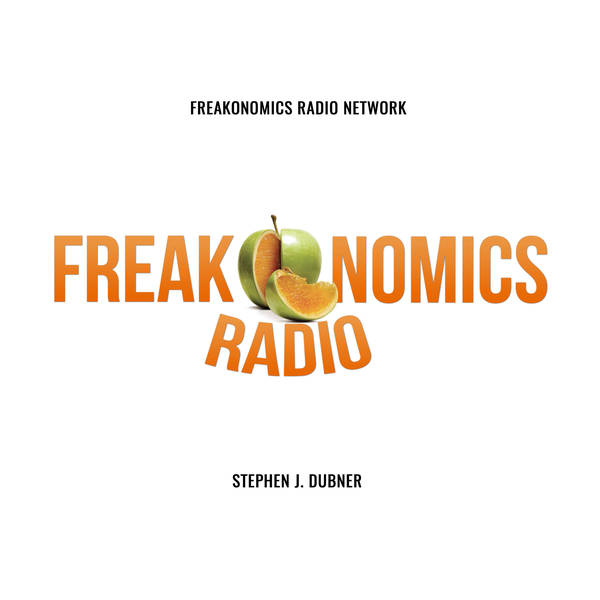
How the Supermarket Helped America Win the Cold War (Update)
Last week, we heard a former U.S. ambassador describe Russia’s escalating conflict with the U.S. Today, we revisit a 2019 episode about an overlooked front in the Cold War — a “farms race” that, decades later, still influences what Americans eat.
SOURCES:Anne Effland, former Senior Economist for the Office of Chief Economist in the U.S.D.A.Shane Hamilton, historian at the University of York.Peter Timmer, economist and former professor at Harvard University.Audra Wolfe, writer, editor, and historian.
RESOURCES:Freedom’s Laboratory: The Cold War Struggle for the Soul of Science, by Audra Wolfe (2018).Supermarket USA: Food and Power in The Cold War Farms Race, by Shane Hamilton (2018).“Association of Higher Consumption of Foods Derived From Subsidized Commodities With Adverse Cardiometabolic Risk Among US Adults,” by Karen R. Siegel, Kai McKeever Bullard, K. M. Narayan, et al. (JAMA Internal Medicine, 2016).The Rise and Fall of American Growth: The U.S. Standard of Living Since the Civil War, by Robert J. Gordon (2016).“How the Mechanical Tomato Harvester Prompted the Food Movement,” by Ildi Carlisle-Cummins (UC Davis Department of Plant Sciences Newsletter, 2015).
EXTRAS:"Is the U.S. Sleeping on Threats from Russia and China?" by Freakonomics Radio (2024).
